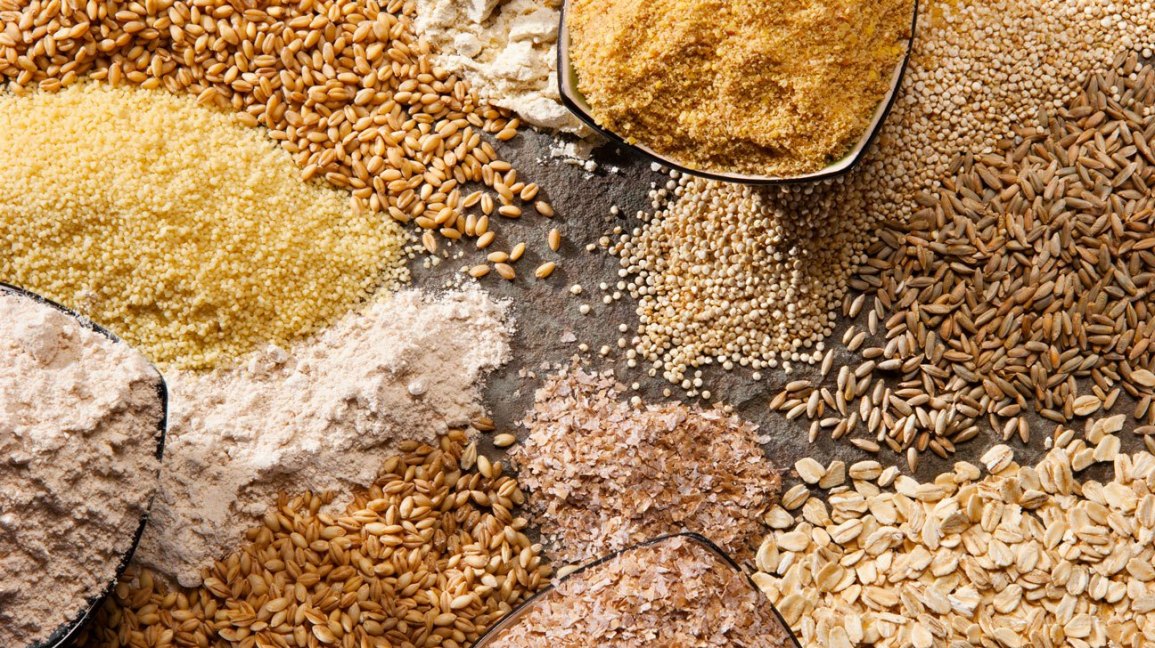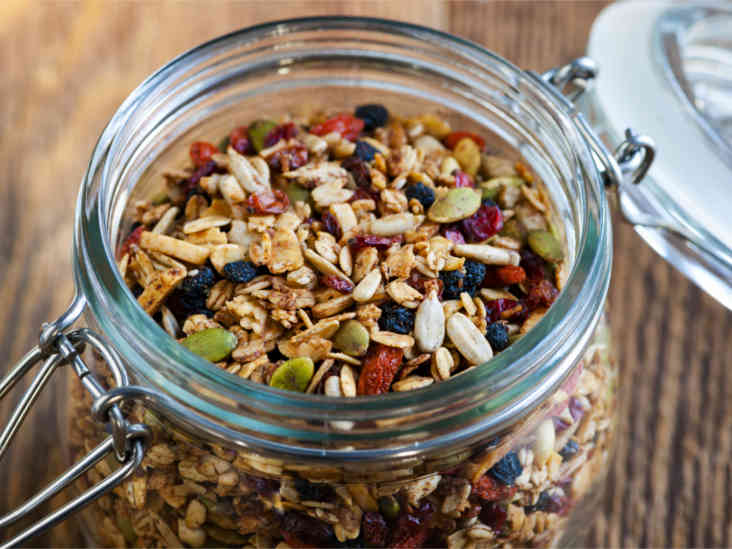- March 10, 2025
Whole Grains Keep Us Healthy

There seem to be a lot of new articles coming out lately about the benefits of whole grains, and that’s a good thing, because they certainly are good for us. They help us control our weight, keep our cholesterol lower, fight off serious diseases, and prevent digestive problems.

Since most of our heavily processed foods nowadays don’t have much nutrition left in them, it’s better to remember to stay away from white bread and rice, and to stick with the brown. Just make sure it says ‘whole’ on the package.
Whole grains are good for our health. We’ve all probably heard that statement.
We may know that whole grains are beneficial to our digestive system to keep us “regular.” We also may have heard that whole grains help reduce the risk for chronic diseases such as heart disease, stroke, cancer and diabetes.
Here is another fact from research studies, according to the Whole Grains Council’s website, wholegrainscouncil.org: People who eat whole grains regularly have a lower risk of obesity. They also have lower cholesterol levels.
Whole grains contain fiber as well as disease-fighting phytochemicals and antioxidants. They also include other nutrients, such as B vitamins, vitamin E and magnesium. The fiber and nutrient content provide disease-fighting benefits, so including them in our diets is important.
Whole grains include amaranth, barley, buckwheat, wheat, millet, oats, corn, rice, quinoa, sorghum, spelt, teff, triticale, wild rice and rye – as long as they are eaten in the “whole” form.
“Whole” means all parts of the grain – the bran (outer layer), endosperm (middle layer) and germ (center layer) – are intact, so 100 percent of the grain is included


- March 5, 2025

